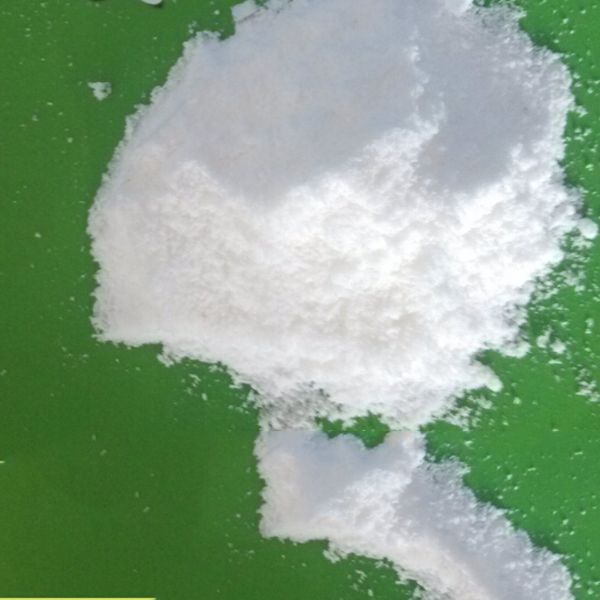
News
Jul . 28, 2024 16:49 Back to list
Innovative Polyglutamic Acid Skincare Solutions for Enhanced Hydration and Youthful Skin Appearance
The Rise of Custom Polyglutamic Acid in Skincare A Revolution in Hydration
In recent years, the skincare industry has witnessed an explosion of innovative ingredients, and polyglutamic acid (PGA) has emerged as a noteworthy player. Renowned for its hydrating properties, this peptide is gradually becoming a staple in many skincare routines. However, what sets it apart in the realm of beauty products is the growing trend of customization, allowing for tailored skincare solutions that meet individual needs.
Polyglutamic acid is derived from fermentation, typically involving soybeans and other natural sources. It boasts the ability to hold up to 4 times more moisture than hyaluronic acid, a well-known hydration champion. This deep moisturizing capability makes PGA an ideal ingredient for combating dryness and promoting an elastic, youthful complexion. Its lightweight texture and compatibility with various skin types further enhance its appeal, making it suitable for sensitive, oily, and combination skin alike.
One of the most significant advantages of custom polyglutamic acid skincare is its adaptability. Skincare brands are increasingly recognizing that no two skin types are alike, and a one-size-fits-all approach is no longer sufficient. Consumers now expect products that cater to their unique concerns—be it dryness, aging, or sensitivity. By offering custom formulations, brands can incorporate personalized doses of PGA, aligning with clients’ specific hydration needs and ensuring optimal results.
custom polyglutamic acid skincare

The customization process typically begins with a thorough skin analysis. Advanced technology, such as AI-driven assessments and skin diagnostic tools, is used to determine an individual’s skin type, moisture levels, and overall health. This data allows skincare companies to create personalized products tailored specifically to the user’s requirements. For example, a person with oily skin may require a lighter formula with a calibrated amount of polyglutamic acid to prevent excess shine, while someone with dry skin might benefit from a richer formulation.
Moreover, the synergistic effects of combining polyglutamic acid with other active ingredients enhance its effectiveness. For instance, when merged with vitamin C, it can amplify the skin’s radiance and tackle signs of aging more efficiently. Likewise, pairing it with niacinamide can further improve moisture retention and regulate oil production. Custom formulations can be designed to incorporate these beneficial ingredients, enhancing overall skin health and addressing multiple concerns simultaneously.
Another appealing aspect of custom polyglutamic acid skincare is its commitment to sustainability and responsible sourcing. Many brands focus on ethical practices, utilizing recyclable packaging and considering the environmental impact of their ingredients. This aligns with a growing consumer demand for transparency and ethical consumption in the beauty industry. Custom skincare can offer tailored solutions without compromising the principles of sustainability and environmental stewardship.
In conclusion, the incorporation of custom polyglutamic acid into skincare marks a significant shift towards personalization within the industry. As consumers become more educated about skincare and the unique needs of their skin, the demand for tailored solutions will only continue to rise. Polyglutamic acid, with its remarkable hydrating properties and adaptability, positions itself as an essential ingredient in customized skincare regimens. For anyone looking to elevate their skincare routine, embracing the beauty of customized polyglutamic acid could be the key to achieving that coveted, radiant complexion. As we move forward, the fusion of technology, individuality, and holistic care will pave the way for an exciting future in skincare.
-
Polyaspartic Acid Salts in Agricultural Fertilizers: A Sustainable Solution
NewsJul.21,2025
-
OEM Chelating Agent Preservative Supplier & Manufacturer High-Quality Customized Solutions
NewsJul.08,2025
-
OEM Potassium Chelating Agent Manufacturer - Custom Potassium Oxalate & Citrate Solutions
NewsJul.08,2025
-
OEM Pentasodium DTPA Chelating Agent Supplier & Manufacturer High Purity & Cost-Effective Solutions
NewsJul.08,2025
-
High-Efficiency Chelated Trace Elements Fertilizer Bulk Supplier & Manufacturer Quotes
NewsJul.07,2025
-
High Quality K Formation for a Chelating Agent – Reliable Manufacturer & Supplier
NewsJul.07,2025
